10 Reasons Why 2019 Is the Year of the Period (Yes, That One)
Periods have been given a bad name for far too long. They are proof that anything guys can do, women can do #WhileBleeding. Let’s make this the Year of the Period.
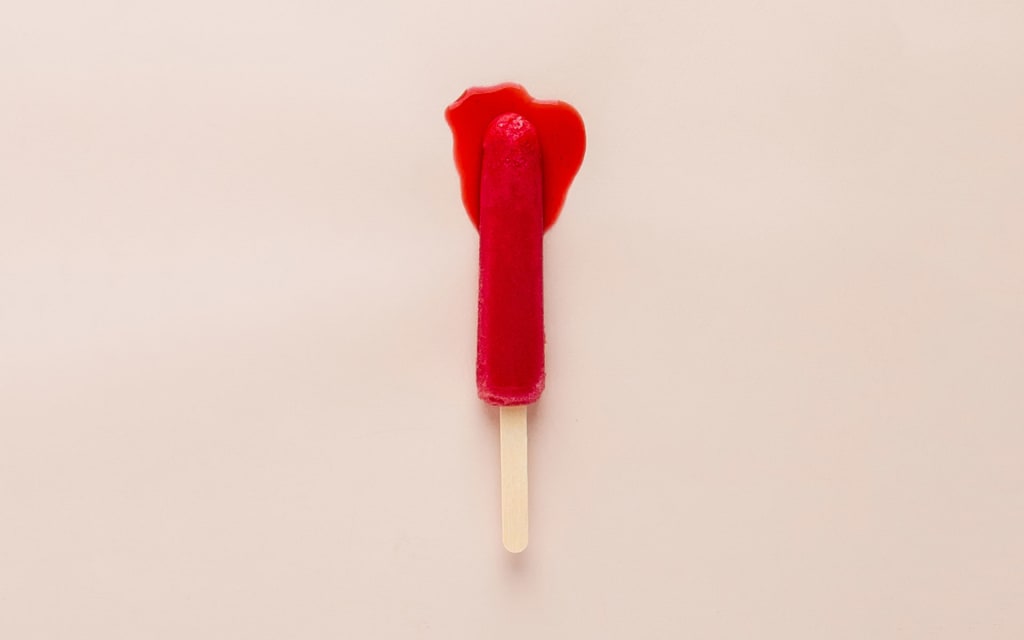
Menstrual cycles have been considered taboo for far too long, period.
Think about it, talking about menstrual health was a topic that was done in hushed voices, often with a tinge of disgust. Women, who were long considered the “fairer sex,” are often derided for having their monthly menstrual cycle by men. Periods were considered to be a sign that a woman was “not rational enough” to react to situations, and at times, were a supposed sign of uncleanliness.
This has to stop. It’s just not a healthy way of looking at your health! A woman’s menstrual cycle is a natural part of adulthood, and a way for the female body to regulate itself. The fact that women have historically been able to cope with bleeding once a month should be something to be celebrated.
This decade has been an amazing time for women who want to empower themselves. We have seen record breaking amounts of body positivity, acceptance, and movements focused on female health and wellness. Now is the time that we should start embracing our cycles as a sign that we are as strong, resilient, and awesome as we really are.
Companies like INTIMINA are starting to change the way women are seeing their periods. Their new movement, #WhileBleeding, is proof that 2019 is the Year of the Period. Here’s why.
Embracing all aspects of women’s health is a matter of equal rights.
Let’s talk about healthcare for a moment. Because women are the ones who bear children, their reproductive systems are more complex and require more attention than man’s. A woman’s period is the culmination of many different systems working together, all to ensure that a woman stays fertile and healthy.
In many situations, a woman’s menstrual cycle is where the first symptoms of life-threatening illnesses show up. That’s why so many companies like INTIMINA are working to spread awareness about the importance of menstrual health.
Doing things like tracking your period can help you learn about your body so that you can take notice when things go awry. By destigmatizing periods, it’ll help women learn to embrace this side of women’s health.
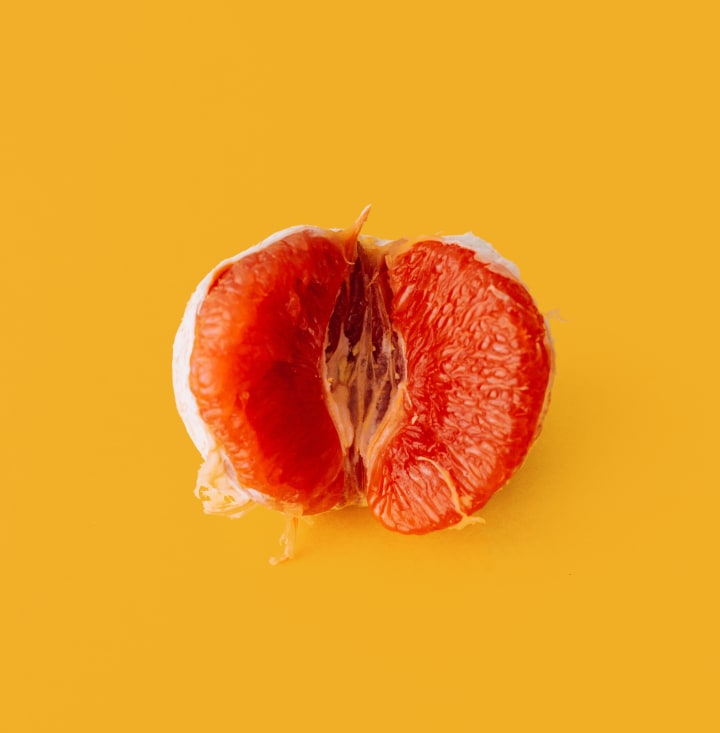
Photo by Charles 🇵🇭 on Unsplash
It’s a way to level the playing field in health rights.
Reproductive health is a major facet of female health. Despite the complexity of the female body, getting access to women’s healthcare remains very difficult in many parts of the world. Part of the reason why there is such difficulty in getting reproductive healthcare is due to the stigma women face for periods.
Choosing to talk about your menstrual experiences can be a great way to get people talking about health. It’s an extremely effective way to defeat people who try to take away rights by shaming women for one of their body’s natural functions. By getting women to see 2019 as the Year of the Period, it’s a way to score a major win for gender equality in healthcare.
If you think about it, it’s really badass to continue life while dealing with period issues.
Periods mean bleeding constantly for several days. For many people like myself, they also mean bloating, mood swings, and maybe a craving or two. It’s not pleasant. Despite the fact that it happens once a month, women around the world still go about their daily business like nothing is happening.
Could you imagine how guys would react if they had to deal with menstrual cycles once a month? The fact that we can do it all #WhileBleeding says a lot about a woman’s resilience.
The fact that we don’t die after bleeding for days on end is impressive.
The thing about menstrual cycles that deserves pointing out is how unusual it is as a concept. Assuming you’re not menstruating, bleeding for days is generally seen as a warning sign of serious health problems.
Bleeding for days without end could easily cause death in most other situations—or at the very least, serious blood loss. When women have their period, it doesn’t end in death. It ends in the rebirth of our fertility. Our bodies are survivors!
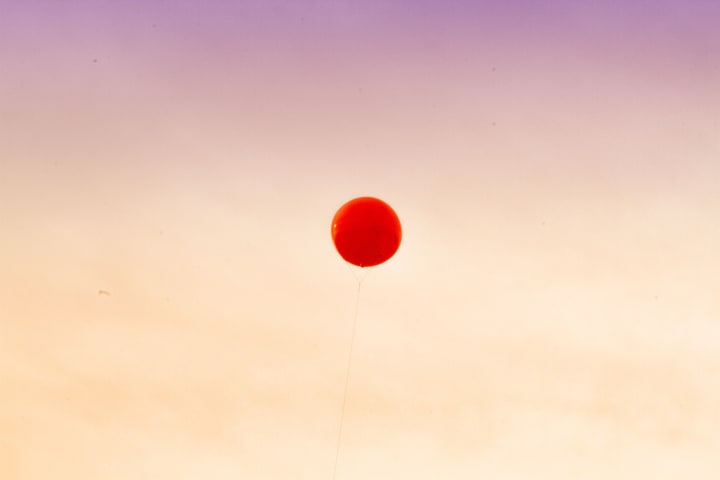
Photo by Denisse Leon on Unsplash
Women really should celebrate how much they do while juggling menstrual issues, too.
Even if you have a really awesome menstrual cup (which you can find at your local Target or CVS store), having your monthly visitor isn’t always fun. There’s cleanup involved, there’s cramping, and, of course, there’s all those frequent bathroom breaks that need to be made.
Most of the time, women end up dealing with their periods with a tinge of embarrassment. Is that really the way we should see it, though? The badassery that comes with dealing with the world while bleeding is really pretty poignant.
Personally, I don’t know how guys would react to having a period. It complicates things. Rather than feel embarrassed to admit that we have to bleed once in a while, we should point out that it makes play at a higher difficulty level in the game of life—at least, when compared to guys.
It’s a way to help address all the facets of womanhood—not just the pretty ones.
One of the reasons why the #WhileBleeding movement is taking off during the International Women’s Day celebration and Women’s History Month deals with the way femininity is portrayed by the mainstream media. We are told to just accept womanhood as everything pretty and pink, with a nice dash of girl power.
Let’s just be real for a second though. Being a woman is tough sometimes. It’s also not always as pretty as the mainstream makes it out to be. Talking about all the stories that happen #WhileBleeding can help others embrace the fact that being a girl is a beautiful mix of the good and the bad. We overcome it all, and shouldn’t be ashamed of any part of being female because of that.
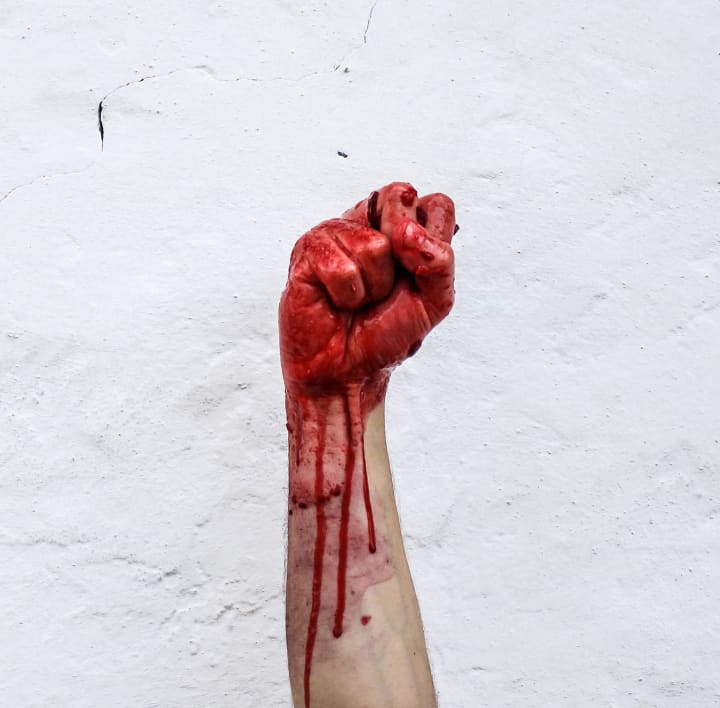
Photo by Valentin Salja on Unsplash
By starting the conversation, women can start helping one another understand periods better.
Back when I was in school, no one talked about periods. It was something that even the school nurse didn’t talk about—unless it was that one class period that kids had to sign waivers for. This meant that most girls didn’t know what was normal and what wasn’t. It was nerve-wracking, to say the least.
Other school districts had it even worse. One girl I knew thought she was dying when she got her first period because she didn’t know girls got them. This isn’t a healthy way to get people talking, is it? By sharing stories about Aunt Flo, girls won’t have to deal with that kind of uncertainty in the future.
If you think about it, period-shaming is an extension of body-shaming.
I can’t even name how many times guys have told me that a woman was being “irrational” because she was on her period. Periods are straight up being used as a way to discredit women, or to support claims that they’re somehow weaker. This is despite all the amazing things women throughout history have done. How messed up is that?
The #WhileBleeding movement can help erase the stigma, and remind people that a period is not a sanity-reducing body issue. That’s a great way to make misogynistic bullying stop.
Starting a conversation has always been the first step towards change.
In every society, there’s always been topics people avoided speaking about because they highlighted something that needed to change. After all, if people start talking about things, the next move is always to try to change things for the better—and that can be difficult to cope with if you are a person who benefits from the status quo.
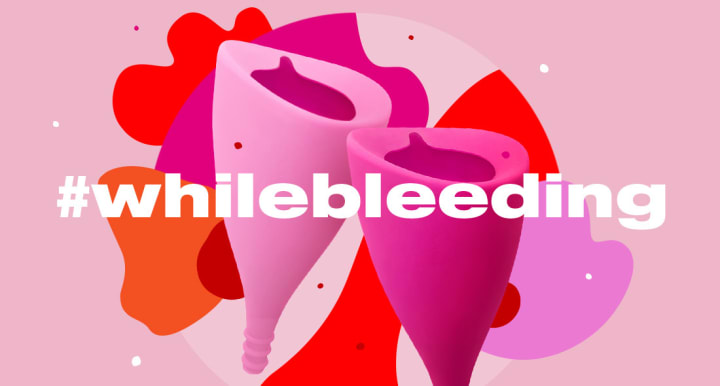
INTIMINA’s #WhileBleeding campaign, for example, shows that our attitudes towards natural body mechanisms need to change. By embracing conversation, we’re giving ourselves reason to change the way we, and other people, see reproductive health for the better.
We all have a story to tell.
One of the reasons why I love the #WhileBleeding campaign is because of the way it gives people a chance to stand up and talk about their own moments dealing with menses. Every person’s story is different, and can contribute to a new perspective on the overall dialogue surrounding periods.
If you’re tired of the shame, it’s time to talk about all the great things we’ve done as women—whether it’s during that time of the month or not!
Learn more on INTIMINA's Site.
About the Creator
Ossiana Tepfenhart
Ossiana Tepfenhart is a writer based out of New Jersey. This is her work account. She loves gifts and tips, so if you like something, tip her!








Comments
There are no comments for this story
Be the first to respond and start the conversation.